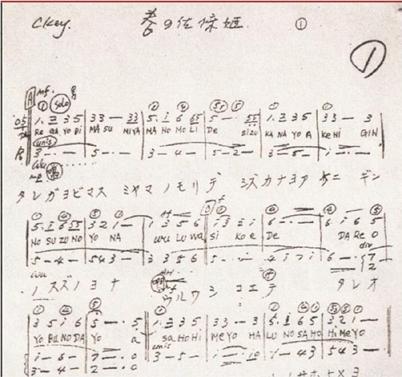
1 minute read
Environmental Activism through Choral Music: John Luther Adams’s Canticles of the Holy Wind
Kirsten Hedegaard
“If we can imagine a culture and a society in which we each feel more deeply responsible for our own place in the world, then we just may be able to bring that culture and that society into being. This will largely be the work of people who will be here on this earth when I am gone. I place my faith in them.”
Advertisement
—John Luther Adams
During the past several decades, there has been a growing trend to address social concerns through music. Composers have taken on such topics as racism, LGBTQ and women’s rights, gun violence, as well as other important social issues. One of the subgenres of this socially conscious repertoire is music that focuses on environmentalism and the growing anxiety regarding climate change. Composers are engaging with this topic in a variety of ways, but few North American composers have devoted themselves so thoroughly to this cause as John Luther Adams. Although the majority of his compositions are written for instrumental ensembles, Adams has also made several significant contributions to the choral genre, including Canticles of the Holy Wind (2013), a tour de force for four SATB choirs. By examining the work of John Luther Adams, most specifically Canticles of the Holy Wind, this paper will provide an important example of how choral music and environmentalism intersect.1
1 Throughout this paper a variety of terminology will be enlisted to identify musical works that intersect with environmentalism, in this case defined by the Oxford English Dictionary as the “concern with the preservation of the natural environment, esp. from damage caused by human influence.” This definition can have a broad interpretation, especially how this “concern” might be addressed in musical terms. In some environmental works, the composer has spelled out a specific relationship to a concept or purpose, but in other cases, the relationship between the music and its exact intention is ambiguous. Nonetheless, to establish some foundational language to classify these works, the term “environmental” will be used somewhat interchangeably with “ecological,” both words intending to describe music that intentionally highlights environmental issues or ecological relationships, either directly or indirectly.





